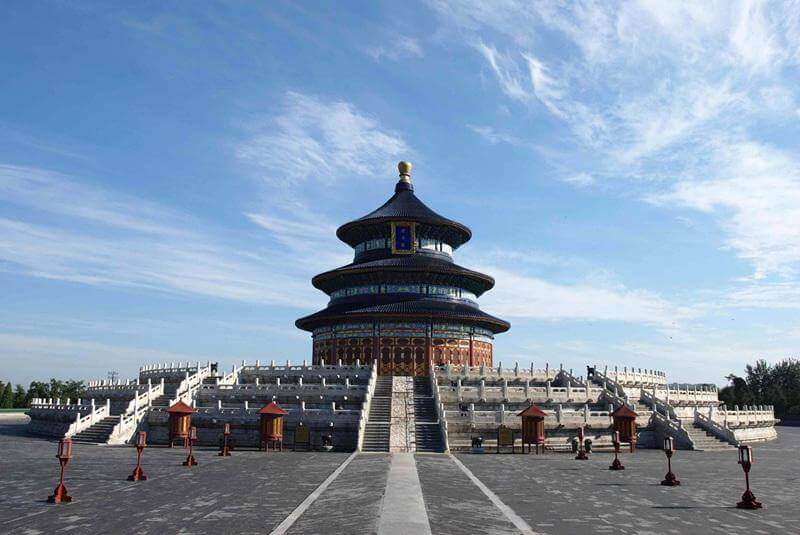
Teaching English in Beijing
Introduction:
As any tourist guide will tell you, from Imperial Palaces to the modern architecture of Sanlitun, Beijing is full of fascination and vitality.
Beijing is the heart and soul of China. Any decision is made from a political office in Beijing and has implications for the rest of Chinese society.
Your work and daily life will be filled with great experiences, especially if you are open to it.
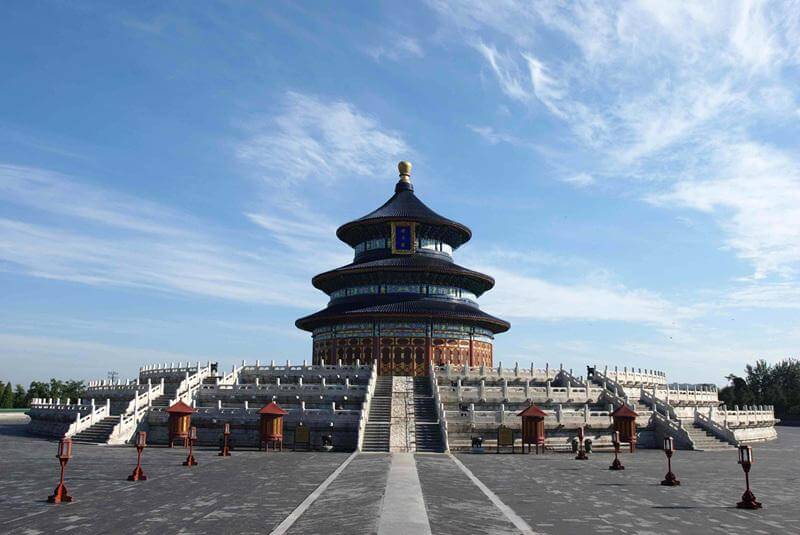
Why Teach English in Beijing?
Learning English has both practical and philosophical value. In education, training, business, trade, and almost all work, English is the most published language, most widely used language, and spoken in all parts of the world (and even Antarctica and outer space). Philosophically, English has some beautiful works of global literature, has written extensively about some of the Great Ideas of the Western World, and linguists often praise the language for its beauty and practicality.
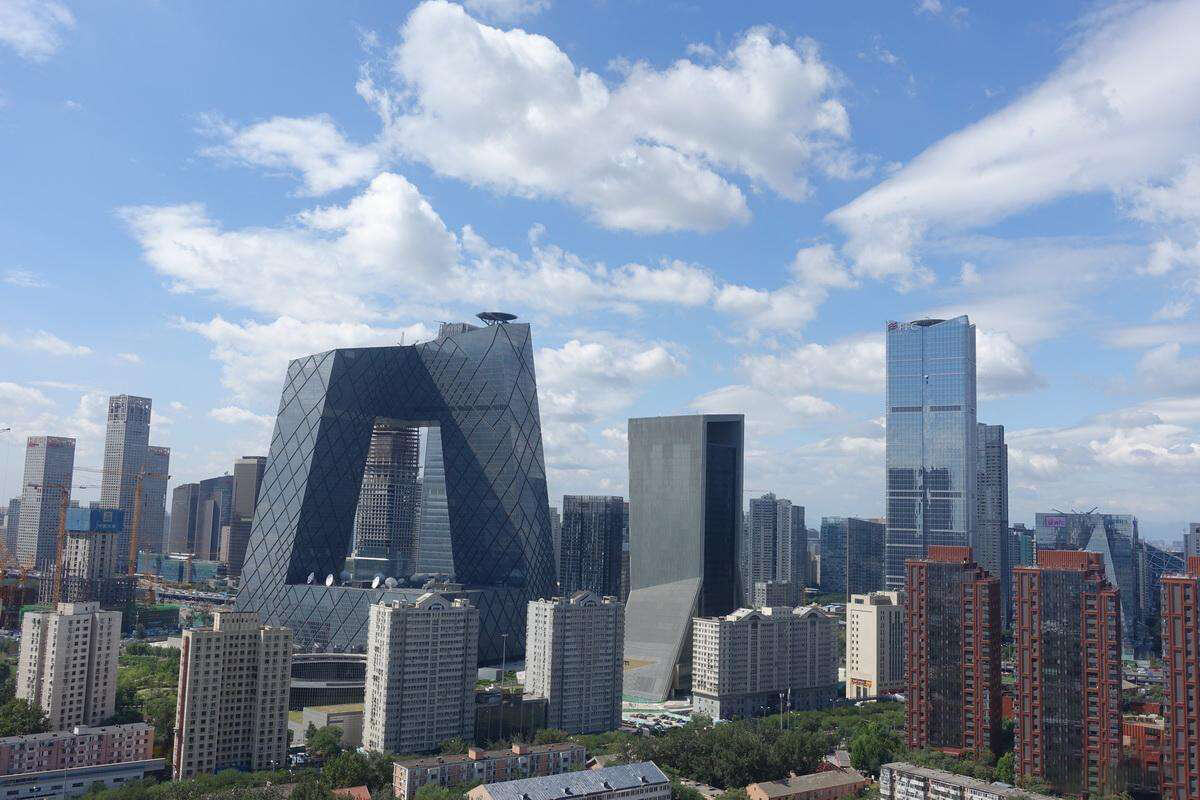
Being a facilitator of this practical and cultural competence, as well as developing children's intellect, is a wonderful identity to have in your career.
Going by the numbers, Beijing is one of the top places in the world to teach English. Chinese prefer to migrate to big cities; as the capital of China and a top-tier city, millions want to migrate to Beijing each year and send their children to Beijing's well-regarded schools. Also, as the capital of an extensive public school system, Beijing is well-managed, well-funded, and has many opportunities for star teachers to showcase their work.
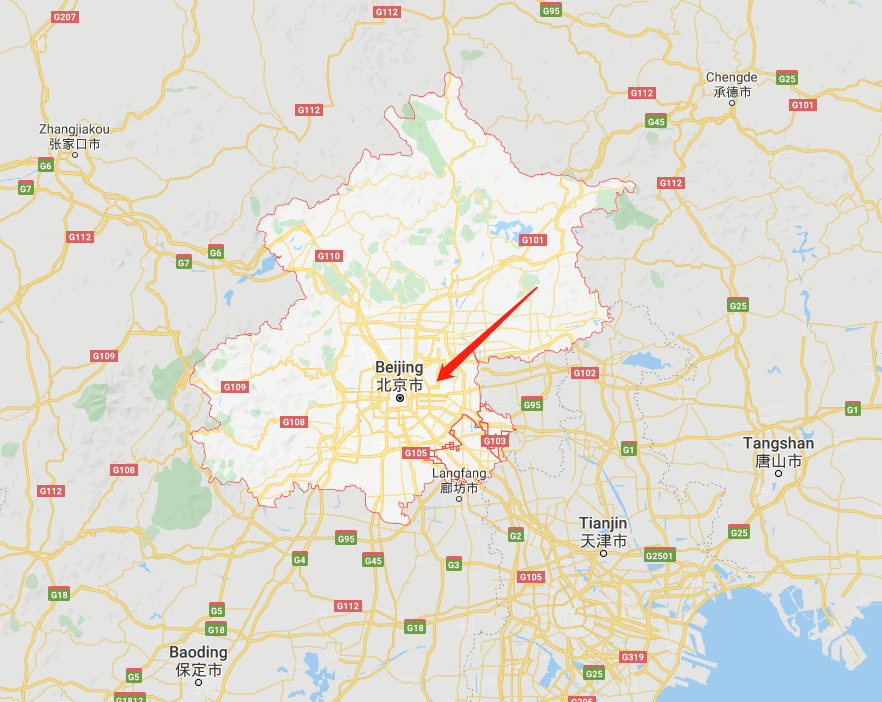
English Teaching Jobs in Beijing
Kindergarten Teaching Jobs in Beijing
According to the Beijing Municipal Education Commission, there are over two thousand kindergartens, nearly half a million students, and over seventy-five thousand staff in Beijing kindergartens. The number is only growing.
Because public kindergartens do not have English language instruction, parents will often send their children to language centers and kindergartens owned by private businesses.
If parents do not have enough budget for an expensive private kindergarten, they will often pay for private language school classes.
Kindergarten teachers need passion, creativity, and an open-mind to teach Chinese kids from ages two to five years old, in bilingual settings.
You should manage the curriculum and lead children's classroom and outdoor activities. You should also document and assess the children's physical, cognitive, social, and emotional progress. Most importantly, you will need a positive, loving attitude towards young children to be successful.
Decorating the classroom environment and maintaining daily communication with students' parents is often part of your job.
There are several critical characteristics of Beijing kindergarten: small class sizes, low teacher-student ratios, full English curricula, US models of education (especially the language arts, math, science, and social studies modes), and other curricula based on things such as Multiple Intelligence Theory, Montessori method, etc.
Some schools have a fully immersive language environment (no Chinese language allowed). Some schools have some Chinese, but mostly English. Some will be bilingual, with instruction in both Chinese and English. No matter what, excellent teamwork, a warm learning atmosphere, etc. is an absolute must.
Despite the need for high energy levels, a warm heart, and being cooperative, being a kindergarten teacher in China has immense benefits. Socially, you will get more cultural experience than just about anyone else in China. Financially, you can make three times as much money per hour as many early childhood teachers get in the US.

Primary School Teaching Jobs in Beijing
Compulsory education in Beijing and other places of China includes six years of primary education (Grade 1-6) and three years of middle school (Grades 7-9).
From 2020 Beijing public primary and secondary school fees, in public schools, there are fees of ¥300 ($42) - ¥1000 ($143).
There are over one million public school students in Beijing.
Students often start learning English as soon as they can speak, and will continue to study throughout university levels. While the curriculum is simple, it takes ingenuity in a teacher to make sure students get the exposure and repetition, but do so enthusiastically and socially.
Many international programs and international schools try to provide a more broad and balanced learning experience - tradition meets creativity, East meets West, enabling them to gain proficiency in Mandarin and English.
In public schools, English foreign teachers will act as a supplement for pupils to study English better. Teachers in public school will have around 20 lessons per week (40 minutes each lesson).
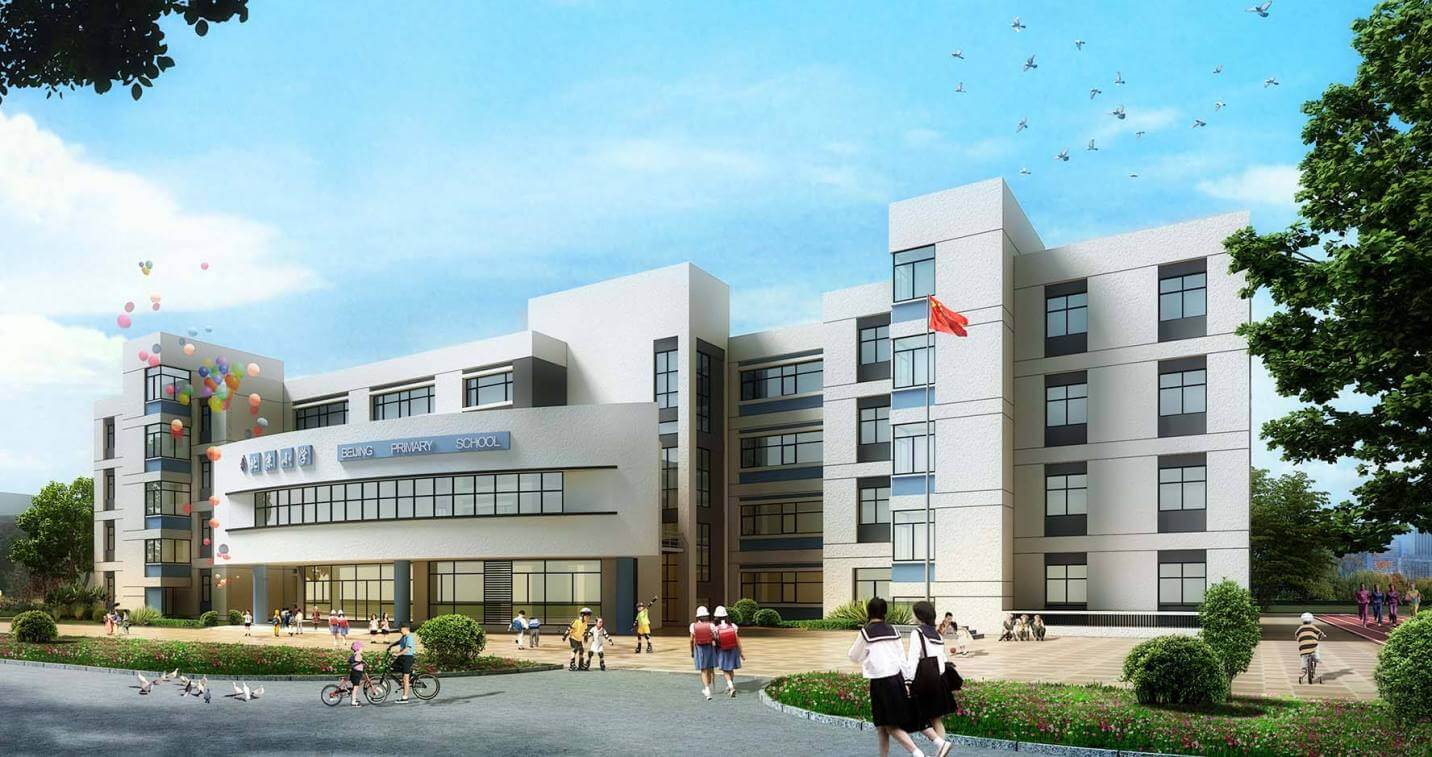
Middle School Teaching Jobs in Beijing
According to some preliminary data, there are 122 middle and high school combinations in Beijing.
In public schools, English language learning is a top-down curriculum of about 4000 words, grammar structure, etc. The national tests, the JunKao and GaoKao, taken in Grade 9 and 12, determine where a student can go to the next step of education.
Because of this singular focus on a high stakes test (the JunKao), it would follow that national curriculum, class time, and homework time is focused on getting a high score, when the JunKao is administered at the end of 9th grade.
High School Teaching Jobs in Beijing
English study in public high school mainly aims for Gaokao, the National Higher Education Entrance Examination, and the English tests usually divide into three parts - listening, reading and comprehension, writing. As a result, students in public high school is not good at English communication.
There is English taught in the curriculum and administered as one of the test sections.
To ensure fairness to all students, the government tells the students what curriculum will be on the GaoKao:
The same 3500 words form the curriculum for all GaoKao students. It is only the intensity of teaching and quality of the student that determines the final score.
At many public high schools, there is a GaoKao enrichment class. In this case, private businesses with close ties to a public school will teach. A foreign teacher, from the seven native countries, will teach English to these public school kids. The curriculum is based on the GaoKao curriculum, teaching to public students, with the help of the regular Chinese teacher.
Even though this requires preparing for classes of nearly 40 students, with up to 10-12 classes on the roster, it means 400-500 students, classes repeat themselves. Hence, a few good lesson plans are enough for the entire week. Students are usually very diligent and well-behaved, eager to meet a foreign teacher and enjoy practicing real-world social activities, not just memorization.
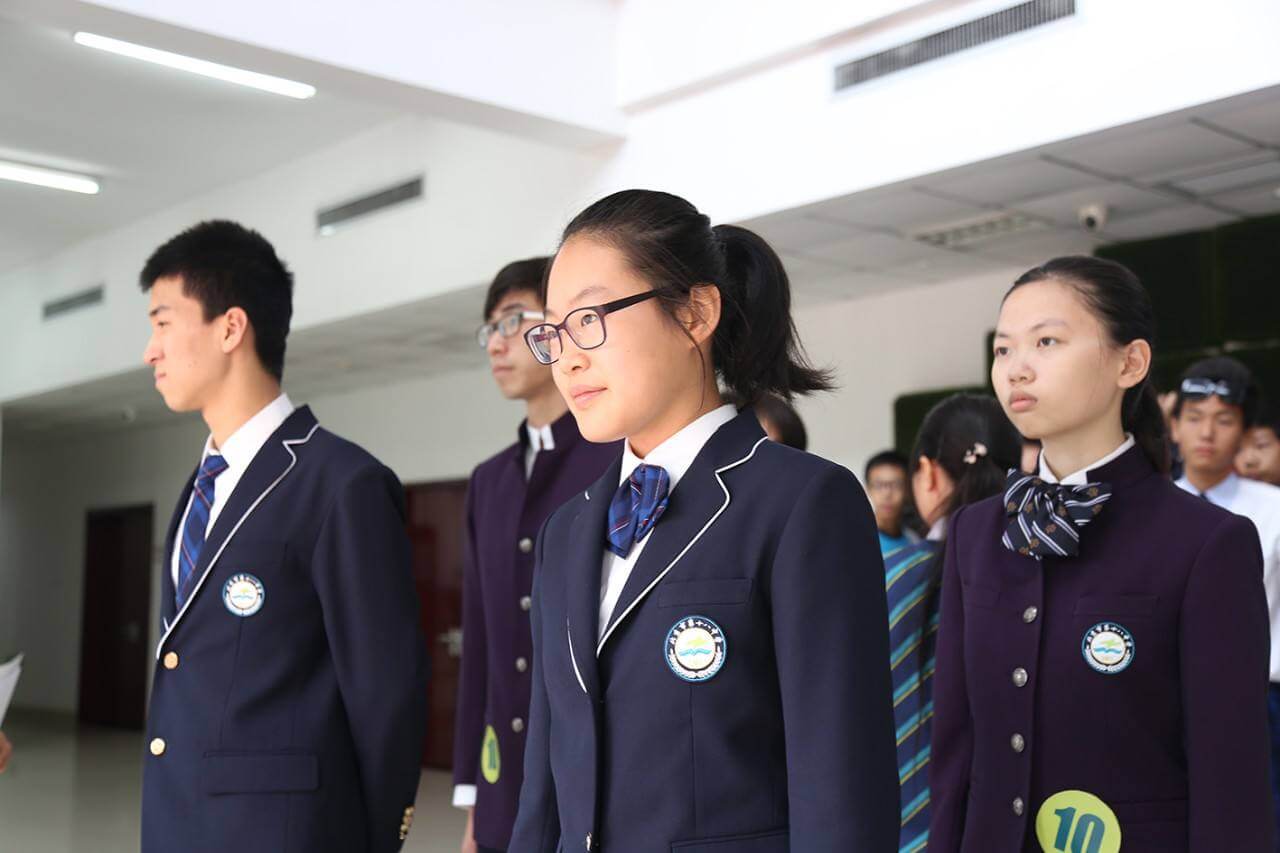
International Programs at Public Schools
At public schools, there is an increasing amount of Guojibu's. These international programs teach at high school but are owned by private businesses.
Some international programs maintain very close ties to the public school curriculum and administration. Some have entirely separate admissions, curriculum, etc.
In general, International Programs will want to become proficient in three different curricula: American Curriculum, A-Level Curriculum, and International Baccalaureate Degree Programs. With each successive curriculum, the school can charge more tuition and more resources for the school.
American Curriculum:
The American Curriculum borrows heavily from the US and sometimes Canada.
In short, the main subjects are English, mathematics, science, everything else (humanities, social studies, etc.), sports, and extracurricular activities.
From a young age, students will learn to read, write, and take some standardized tests, such as the TOEFL, SAT I, SAT II, ACT. In China, offering the AP classes and sitting for the AP tests is also common.
A-Level Curriculum:
Every country that is currently part of the British Commonwealth, or a former colony, offers to A-Level Curriculum or a parallel curriculum (also called A-Level, for example, Singapore A-Level). This includes the UK, Ireland, Canada, Australia, New Zealand, South Africa, Singapore, Malaysia, and several other former jurisdictions.
The British curriculum tends to favor focused critical thinking skills over the breadth of knowledge and skills. Students will start in the general courses but eventually specialize. By the time they finish high school, they will have taken 3 A-Level tests. Their scores will determine what universities they can get accepted to, and which concentrations.
At the younger ages, students study for the IGCSE tests, eventually taking A-level subjects. They will also take the IELTS test for English proficiency.
International Baccalaureate (IB) Curriculum:
EdExcel and AdvancedEd are rigorous certifying bodies that can ensure that the IB seal of approval means it is a certified curriculum, with certified teachers, and keeps up to standards.
While many schools apply for candidate status, few schools pass all the rigorous selection for certifications for the Primary Years Programme (PYP), Middle Years Program (MYP), and Diploma Programme (DP), along with the Career Program (CP).
In the entire world, of the ten thousand schools that aspire, only 37 have all four programs. Only one school in China, Western International School of Shanghai, has current status.
The rest of these programs are "works in progress." While this is an excellent opportunity for teachers to show initiative, help build a program, etc. a teacher must understand that much organization must be done to demonstrate proficiency.
International Schools
Being a real international school is a coveted status.
Although tens of thousands of schools in China claim to be international, few meet the actual criteria.
While it is hard to define precisely what makes a school international, the majority of these conditions are met, some societies have viable criteria:
IASL Criteria for International Schools
1. Transferability of students’ education across international schools
2. A moving population (higher than in national public schools)
3. Multinational and multilingual student body
4. An international curriculum (i.e. IB - DP, MYP, PYP)
5. International accreditation (e.g. CIS, IBO, North Eastern ASC, Western Ass. of Schools and colleges, etc.)
6. A transient and multinational teacher population
7. Non-selective student enrollment
8. Usually English or bi-lingual as the language of instruction
Few schools in China can do this, but many wish to have the independence and prestige of such schools.
While there are thousands of courses in dozens of academic departments, most international schools have extra enrichment classes:
Intensive English Proficiency Course: The subject of English teaching classes is scaffolded based on different student levels.
Cultivating Artistic Ability Course: A variety of art courses are offered to develop children's artistic talents comprehensively. Such topics are art, calligraphy, music, etc.
Activity Practice Course: various clubs and activities are practiced to cultivate students' hands-on ability and creativity. These include leadership, etc.
Physical Exercise Programs: various kinds of physical exercise programs to promote the growth and development of students' bodies. Most Chinese courses are surprisingly rigorous, requiring fast run times, many push-ups, sit-ups, etc.
Sports and Clubs: In traditional Western culture, schools require all students and teachers to participate in a sport or club activity. Such teamwork builds lasting relationships and discipline. Many international schools follow such traditions.
University and College Teaching Jobs in Beijing
According to the Beijing Municipal Education Commission, there are 174 institutions of higher education, including 76 full-time universities, 16 independently established colleges, 18 vocational schools, and 64 other institutions.
Regular Institutions of Higher Education refers to full-time universities, independently established colleges and institutes of higher education, higher vocational schools, and other institutions that have passed the national unified admission examination for general higher education and have admitted high school graduates as their main training targets and have implemented higher education.
As the cardinal education center in China, Beijing has more than 100 universities and colleges. On the northwest edge of Beijing, in addition to being home to Peking University and Tsinghua University, top universities in China, there are many of China's premier universities, such as the Renmin University of China, Central Academy of Nationalities, Beijing Normal University, Beijing Medical College, Central Conservatory of Music, etc.
Most English teaching jobs will be acting as a professor, assistant professor, or lecturer of English Language and Literature, linguistics, and applied linguistics.
Some other social science departments appreciate a Western-trained, native English teacher to teach content matter. For example, the Business studies department may need a lecturer of Business English; the Education Department may need someone for English Education, Educational Technology, Comparative and International Education, Instruction and Curriculum Design, etc.
If a scholar has research and academic writing experience, he or she may be a good fit for being part of a master's and Ph.D. research team. As China becomes more international, many universities want to have international scholars, published in the most-cited journal articles.
While pay is comparatively lower, many people love working as a university lecturer. Being able to live on or near a university campus, having opportunities to research in their given field of specialty, teach eager students, and do more critical thinking, discussion, and writing than typical workplaces is very fulfilling. Additionally, there is usually ample time to study further, work extra jobs, etc. Most people look back fondly at such a lifestyle, regardless of whether they made small amounts or big money.
Adult ESL Teaching Jobs in Beijing
According to Adult English Language Learning User Research Report Jiguang 2018, English language learning is in demand, and working professionals in Tier 1 cities are more active in learning English.
Desiring a better career path, business people aim to learn professional English, such as business communication, and are motivated to attend a training class. Those adults who attend English language training classes have high expectations of themselves, and some plan to reach native-level English fluency.
In general, big companies like Wall Street English, EF, Longman, etc. dominate the market. They have relationships with corporate clients such as banks, make contracts for tens of thousands of hours of instruction, and recruit and train foreign teachers to fill the need. Many corporate and government workers get English lessons as part of their benefits package; some are eager to learn; some see these classes as a break from work. All students could use motivation, encouragement, support, and team building.
Requirements For Teaching English in Beijing:
| Types of School | Requirements |
| Public Schools | Bachelor's Degree or above, holding English literature or related degree; At least 2 years of relevant teaching experience Under 55 years old |
| International Schools | Working experience above two years. Relevant teaching experience in an international school or foreign language school, and/or extensive experience in an environment with multiple English learning needs. Relevant Certification/qualification from the USA, Canada, UK, Australia or New Zealand |
| Private Language Schools | Native English speakers (in principle from the UK, USA, Canada, Australia, New Zealand, Ireland, and South Africa) Bachelor's degree or above (degree to be certified by the local Chinese Embassy) Two years of relevant work experience. (Alternatively, a bachelor's degree or higher in a subject such as education/teaching or a bachelor's degree or higher with a valid national or international language teaching license is exempt.) Under 60 years old Non-criminal record. |
| University and College Teachers | Lecturer teachers or assistant professor Bachelor degree or above Native English speaker At least two years' full-time teaching experience or possess a TESOL or TEFL certificateClean criminal record Professional, positive and culturally aware demonstrate an ability to work collaboratively in a team setting Professor PhD holder in related subjects with quality academic papers. Associate Professor or above. |
Salary of English Teachers in Beijing:
| Types of School | Average Teaching Salary |
| Public Schools | ¥12,015 - ¥15,765 per month ($1,716 - $2,251) |
| International Programs and International Schools | ¥19,385 - ¥28,500 per month ($2,768 - $4,070) |
| Private Language Schools | ¥18,804 - ¥26,879 per month ($2,685 - $3,838) |
| University and College Teachers | up to ¥11,900 per month ($1,700) |
Notes: Public schools and most universities in China belong to the Chinese government, so their salary levels may be different from market prices.